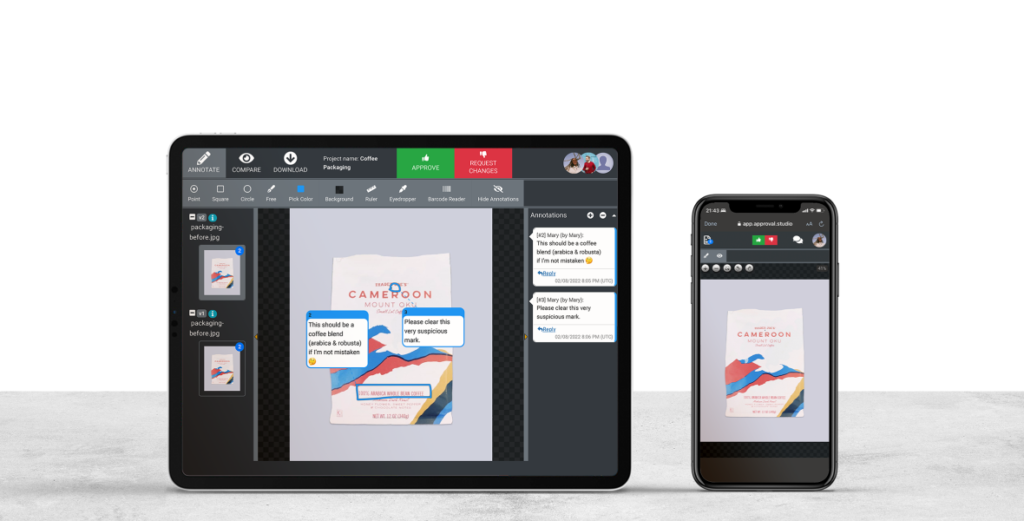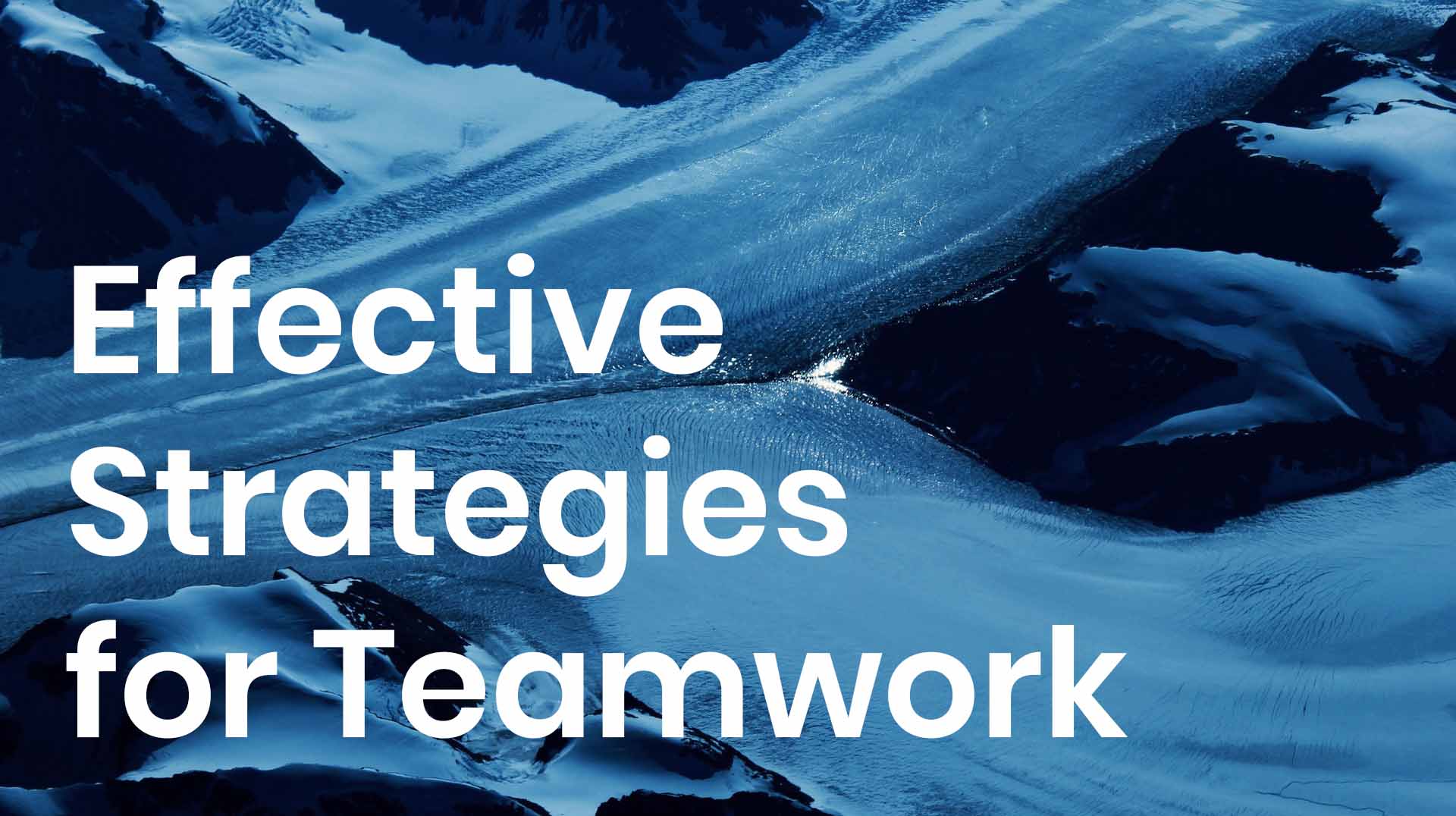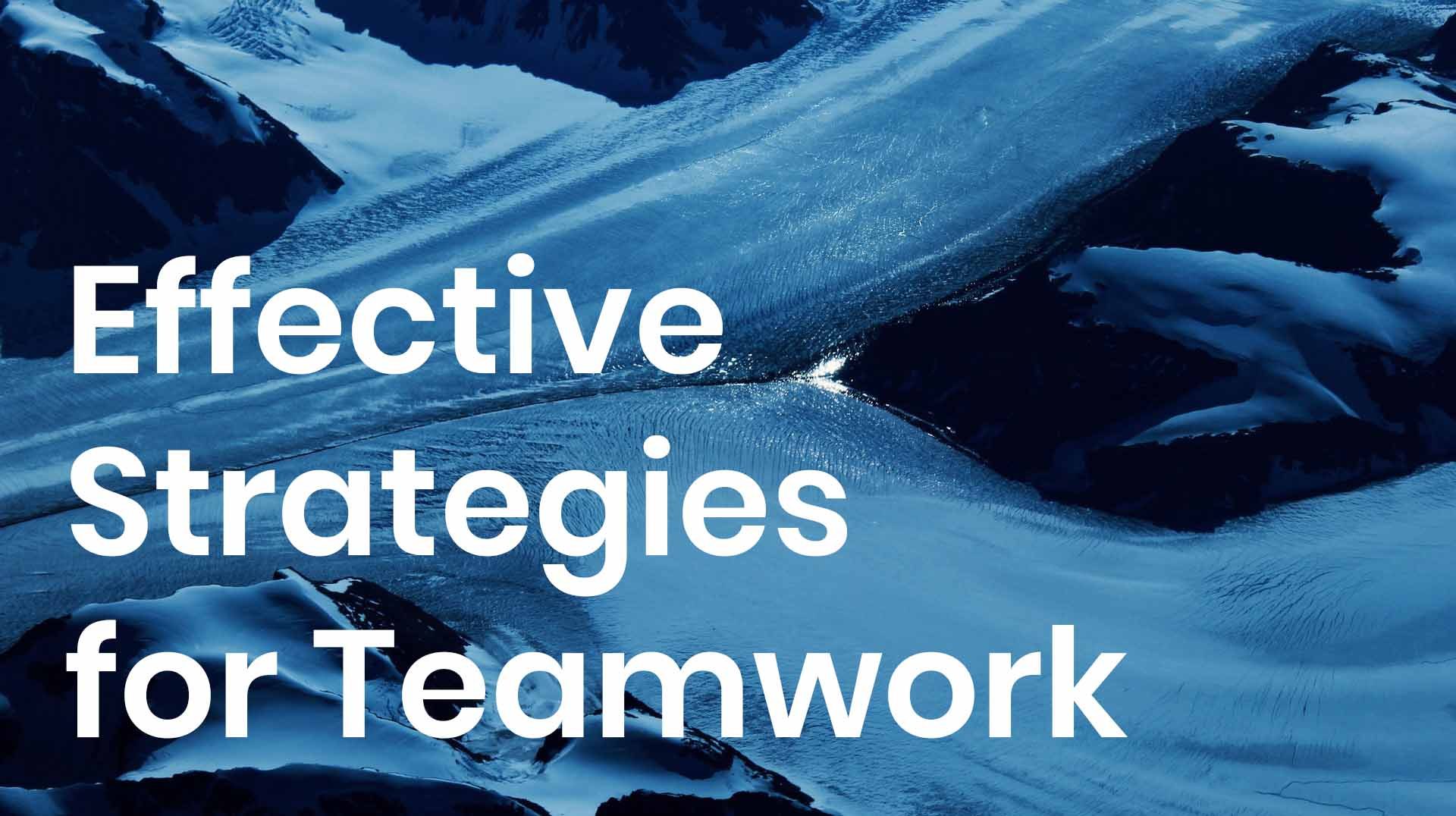Do you like steampunk?
I love steampunk. All this around-industrial-revolution thingy has a sort of special dusty taste and “ticking” charm to it, reminding me of grandfather’s old pocket watch with a chain, of a railroad, and of cylinder hats worn by well-respected gentlemen in traditional British pubs.
I ain’t trying to idealize the thing, no – but you have to agree that there’s something beautiful in watching mechanical wheels spinning smoothly and working together in one continuous motion.
However, as I’ve said, there’s nothing ideal – mechanisms get rusty, wheels can break, and even that old watch you love so much might stop ticking one day if you don’t pay enough attention to it. Mechanical parts, much like humans, need appropriate treatment, and if you do not care about them properly, the whole thing is going to collapse in one inevitable instant.
Still, some mechanisms manage to work years and decades without malfunctioning provided the proper maintenance. There’s a golden rule I am trying to follow whatever I do – if you want something to perform and deliver for you, you have to perform and deliver for it as well. Your old clockwork is cool and stuff, but making sure it shows the correct time is your task.
That is what I have learned from working with teams, and that is what I want to share with you today. Because there is nothing better for a business than a successful team working productively as one big living engine. Not necessarily a steam one – it’s 21st century already, not 19th – but I reckon you get the idea.
Table of contents:
What is Teamwork in the Workplace?
So…teamwork.
The word itself has become pretty common lately. Seriously, I hear it every time I talk to someone about jobs and work enviroments. But here’s the problem: the fact that everybody’s using the word does not mean that they understand what it really means.

Let’s all become pedants for a sec and check a precise definition by BussinessDictionary:
In a nutshell, teamwork is a collaborative effort to achieve a common goal. Sounds like nothing new, I know, but in practice, teams often neglect the “collaborative” part. I have worked with many creatives, and my experience tells me that everybody’s alright with making an effort for the project’s success, but, at the end of the day, people mostly stick to what THEY think is better. Of course, there are some common tasks and etc., but whenever it comes to creativity, folks seem to interpret everything very freely and get too opinionated and biased.
Hence the result: everybody’s trying their best for the project, pulling the goddamn train into different directions without much progress at each side. Neglecting your own personal interest for the sake of the project’s success is crucial sometimes, but not everyone is ready to do that, and, in terms of team management, it might become a serious issue.
How to avoid it? How how to build teamwork in the workplace? There isn’t a single perfect remedy because issues usually have very different stems, but there are some ways to assure you’re on the right railroad track.
12 Effective Strategies to Improve the Teamwork in the Workplace
№1: Healthy communication

Effective communication has always been a key to everything in this world – in my humble opinion, at least. And, no doubt, it is the core of improving teamwork in the workplace.
For the most part, conflicts happen because some information was not passed from person A to person B, resulting in misunderstanding. Hence, you have to remember that what is clear to you might not be clear to someone else and try to clarify such moments. It works vice versa as well – it is better to ask twice and make everything right than spend hours inventing the wheel and coming up with nothing.
Healthy communication also means respect to your colleagues. If you want to keep the working atmosphere safe from tensions, the best thing you can do is to release your steam somewhere out of the office – in the gym, for example. While exchanging ideas and thoughts, it is important to remain polite to everyone regardless of how much you disagree with them. If there is some unsolved argument within, clearing the air will help not only you but also the whole team to breathe more freely.
№2: True team leader is better than big angry boss

A mysterious boss figure that dwells in its personal quarters and appears only to tell people off when something’s not right is a sure dead end for a company. Of course, the relations between the manager and the entire team depend on the company size and the distance between them in the hierarchy chain, but the more you communicate with your workers in person, the better.
Managers should participate in discussions, brainstorm ideas with everyone else, give and get advice. It is a totally normal thing not to know something and learn together with your team. You are working together to achieve the same goals, and although you have more responsibility, it should not impact how you treat other employees.
№3: Don’t be overly controlling

Another thing is a manager who communicates with the entire team quite often but in the wrong key. Riddle me this: why do companies hire, say, designers? Because they need visuals and someone with a certain level of expertise in the field. However, managerial staff sometimes make the same mistake as clients do, trying to implant their own vision and teach the designers how to do their own job.
First, it is incompetent, because if you hired someone, it means that you need their knowledge because your own is not enough. They simply know better. Second, it creates additional pressure on your employee who will expect criticism and schooling even if they have done everything well enough. Such an approach only suffocates motivation and desire to work, so if you want to check the project’s pulse here and there – do it, but do not squeeze too hard taking your measurements.
№4: Be organized

Making a schedule in advance is one of the practices that everyone tries to stick to, fortunately. However, following the schedule is a much bigger problem. Quite often, trying to bite more than they can, creatives rush projects, which also leads to tensions and poorer results. Lack of clear vision and organization never better the team’s chemistry and inner climate, only causing breakdowns and bickering, which do not really help you create effective teamwork in the workplace.
It might be smarter to hold your horses sometimes and go a bit slower. Assess every step in advance, assign tasks, and be realistic about the deadlines. It is always better to fly ahead of schedule than to run after a locomotive at full speed trying to catch up.
№5: Special software

Technologies might be of great help with the latter point. Project management tools, analytics tools, proofing tools, collaboration tools – they all exist to make our lives easier and our jobs more enjoyable. Automation of mundane tasks with several clicks of your mouse button significantly reduce the risk of a human factor and save us much time. What you have to do here is to find the exact tool that corresponds with your needs and teamwork ideas for the workplace.
Approval Studio, for one, might save you from a headache of feedback exchange when it comes to design proofing. No more unclear instructions, lost emails, and millions of new iterations with a project already overdue. You can assign tasks, add annotations of different shapes, compare versions, chat in the comments, pull out reports, and use many other cool features. Interested?
№6: Praise and reward

One might argue that praise and reward are not that necessary since, well, workers are getting paid for what they do, and they are supposed to be good at their jobs. It is true, but only partially. The thing is that such logic works for both sides: payments are something they are supposed to get, they wouldn’t be working otherwise. I do not mean people are ungrateful and not appreciative – they just get used to everything very quickly.
That is why regular salary does not provide additional motivation, but a little bit of extra benefits always works like a charm. It does not necessarily mean money – a few kind words about their performance when you really mean it will help employees feel needed and appreciated, especially if they have just joined the team. It will increase the level of job satisfaction dramatically.
№7: Make the “goods” cover up for “bads”

Every team member has their own strong and weak spots. It is impossible for one person to be good at literally everything, and the employers must remember it assigning the tasks. Getting people to work at the company, HR’s are supposed to note what a particular person is good at – use this knowledge! Do not assign tasks according to the level of importance or because “there’s no one else left to do it”. Finding balance within your team is not easy but might be very fruitful.
However, such a strategy does not mean that you are not allowed to experiment. Having a certain set of hard and soft skills is great, but without further development and learning something new career prospects will not shine so bright for anyone. Thus, if you have some free space for manoeuvre – use it.
№8: Different doesn’t mean bad

We have our “goods and bads” not only in terms of skills and work but also as humans. I’ll be direct here – not all people are what you want them to be, but it does not mean you should hate on them, shun them, or whatever. Everybody is different, and realizing that helps the group work significantly. You might not like dying your hair pink or listening to punk-rock music, but if your colleague does something like that, it is not at all the reason to become judgemental. People are what they are, and you happened to be in one team to work together, so concentrate on that. I have witnessed such examples of mutual dislike, but after several chats – at first, a bit, forced, but still – former “enemies” could hit it off pretty well. It is all a matter of your attitude, and sometimes you have to change it to promote teamwork in the workplace.
№9: Everybody matters

Considering several points above, this is somewhat of an obvious mini-summary. Every member of your team is like one of the wheels of one mechanism, take it away – and your clock stops ticking at once. Everybody matters, and it is important not only to realize that but also to let the others know it. It will boost the workers’ confidence level, motivation, and desire to work effectively for this company. People love feeling valued more than anything else, and if you give them that, the results might surprise you later. If you want to implement teamwork in the workplace, caring about your human resources is a place to start.
№10: Get the feedback

I have a friend who literally hates all these HR questionnaires calling them a waste of his time when he could really be working. Here’s a piece of irony: his company was trying to get constructive feedback from him just for statistics, not realizing that the process itself was driving him nuts. So, basically, they were asking him what he did not like doing precisely what he did not like. Strange? I bet.
Getting honest feedback is necessary, even obligatory, but before you do it, make sure it is not a pain in the neck for your workers. Agree on some scheme, questions, frequency. Discuss everything to settle on the way that makes everyone feel comfortable and go on with it. Getting feedback for the sake of getting feedback is redundant and takes much time, so ask only something you can actually use.
№11: Laughter is healthy

A day is a bore without a good meme or two, I should say. Jokes and laughter are something that boosts up your energy and puts you into a positive frame of mind. It can affect us drastically both in our daily routines and at work.
The working climate is like a big battery that needs to be re-charged sometimes, and laughter is probably the best way to do it. Sending funny pics to the common chat, sharing gags during phone calls or lunch breaks, or having some local jokes can save the mood, the day, and sometimes even the project. It is easier to fix errors grinning at someone’s wit than scowling and thinking how much everything annoys you.
However, be careful: if you know your joke can be perceived as offensive, it is better to bite your tongue!
№12: Enough with the work!

Teambuilding activities are something that helps us a great deal to unwind and get to know our teammates better. It is good to do something more or less regularly – for example, going to play table tennis together or other team sports, visiting a gym, etc.
At the same time, some less frequent activities should also play their part. Corporate holidays, eating out, quest rooms, paintball games, mountain hiking – whatever you can come up with would be great! I love it when people have some funny stories to share adventures with their colleagues – that instantly means that the group dynamic in the team is healthy.
Final Thoughts
Aye, building good teamwork in the workplace might not be a simple thing, especially for individuals who are used to doing everything on their own. But with good bonds and sound inner climate, teamwork can be something more than just fine – it can be fun! Remember that: whatever problems you may experience, they can be easily solved with a change of attitude and approach. And if your agency has some issues with design approval, we have a set of solutions for you as well, so do not hesitate to contact us if need be!
I hope the article was useful for you, if you have some other methods to improve teamwork skills – please share with us. And best of luck to you and your team. Never let your wheels stop spinning!

 TEAM SOLUTIONS
TEAM SOLUTIONS WORKFLOW SOLUTIONS
WORKFLOW SOLUTIONS



 REVIEW TOOL
REVIEW TOOL PROJECT MANAGEMENT
PROJECT MANAGEMENT TOOLS & INTEGRATIONS
TOOLS & INTEGRATIONS
 CLIENT INTERVIEWS
CLIENT INTERVIEWS









